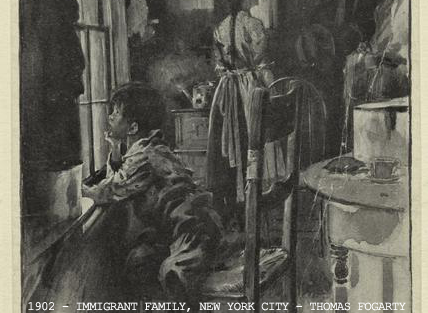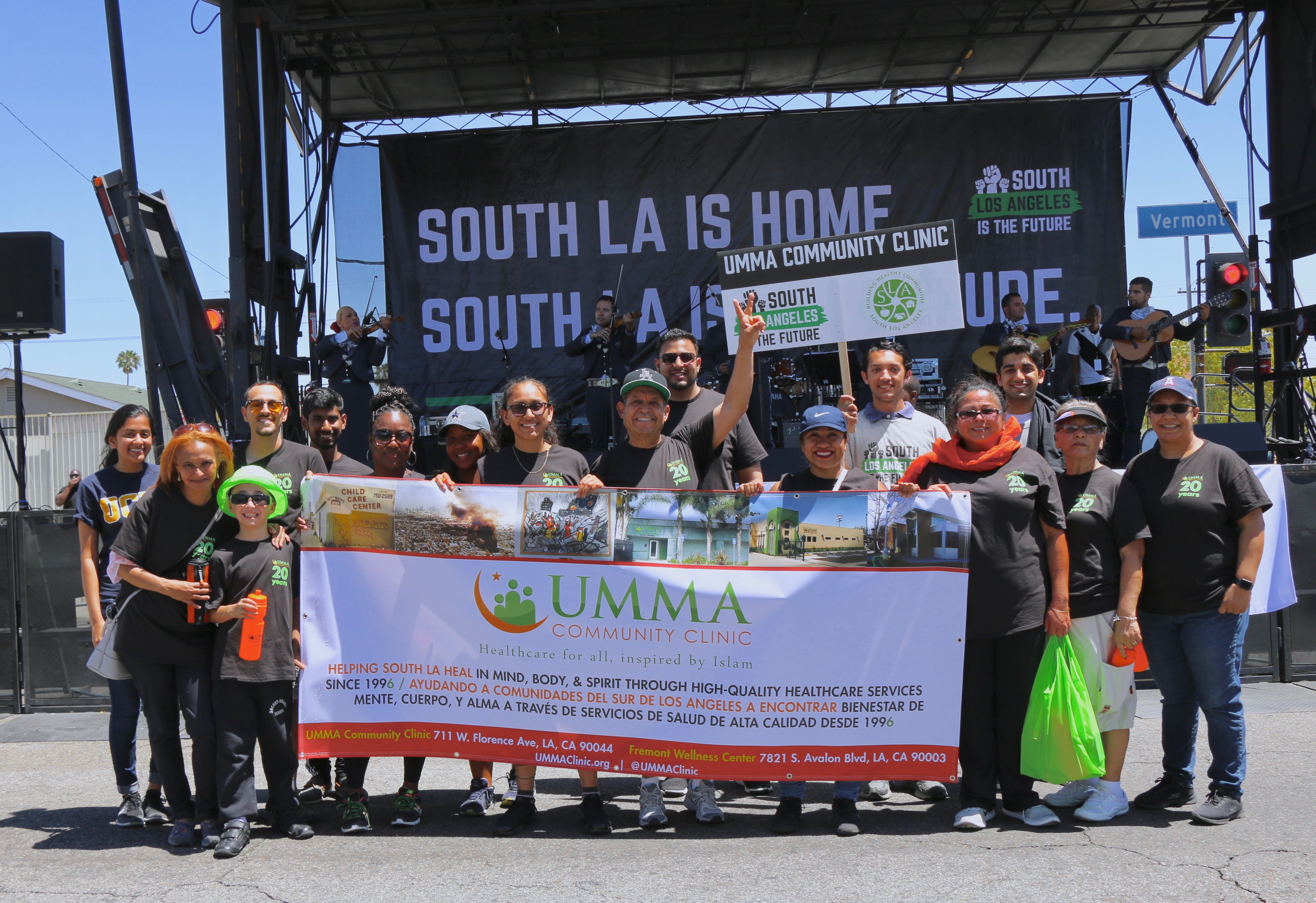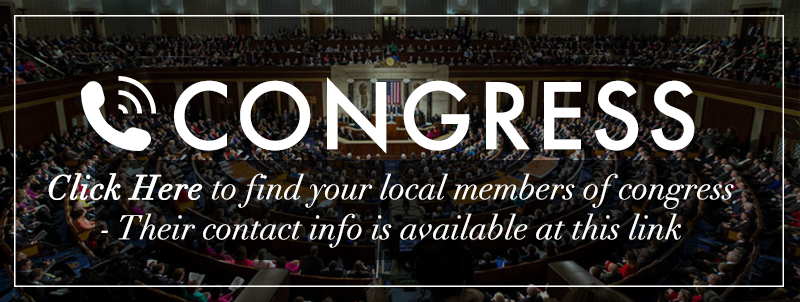Protecting the American DREAM(er)
The American DREAM(er)
As a country, we were founded on the dreams of many seeking to build different futures and explore new frontiers. Over the course of centuries, waves of immigrants have made the United States of America their refuge and home. Their stories and cultures have become and continue to create vibrant threads in the rich tapestry of what it means to be an American.
The White House announced yesterday that it is rescinding the Deferred Action for Childhood Arrivals (DACA) program, which has provided essential protection to some to nearly 800,000 undocumented young people nationwide who were brought here as children.
Learn how DACA has had a positive impact, and what you can do to protect the American DREAM(er) by clicking through our FAQ below.

What is DACA?
DACA (Deferred Action for Childhood Arrivals) is a program for undocumented adolescents that have immigrated to the United States before the age of 16, who upon meeting the requirements, can apply to receive a work authorization card on a rolling 2-year basis.
In the past, DACA holders could apply for renewal every two years, but as of September 5th, 2017, no further applications for initial requests will be accepted, and DACA renewal requests will not be accepted after October 5th, 2017.
Who participates in DACA?
For most DACA-eligible DREAMers, the United States has been the only home they have ever known. The U.S.’ current 800,000 DACA holders were brought to the United States in their youth.
Eligibility Requirements:
- Immigration to the US before one’s 16th birthday
- Continuous residence in the US since June 15th, 2017
- Were under the age of 31 as of June 15th, 2012
- Never had a lawful immigration status on/before June 15th, 2012 – OR – a lawful immigration status obtained had expired as of June 15, 2012
- Were physically present in the US on June 15th, 2012 as well as at the time of making a request for DACA
- Currently in school, graduated, or obtained a High School GED – OR – are an honorably discharged veteran of the US Armed Forces or Coast Guard
- Have not been convicted of a felony or significant misdemeanor, nor three or more misdemeanor, and do not pose a threat to national security or public safety
Who are DREAMers?
The DREAMers (Development, Relief, and Education for Alien Minors) name came from the Dream Act that was first proposed in 2001, where legal status was being offered to young immigrants in exchange for attending college or joining the American military. The Dream Act has yet to be passed – it was most recently voted down by Senate in 2010.
The term “DREAMers” has since been used to describe the DACA-eligible youth who have come to the U.S. before the age of 16, attended American schools, and have clean criminal records.
What are the benefits of DACA?
On an individual level:
- A means to live. With a working permit, DACA holders can get real jobs and help support their families
- A drive to succeed. In states such as California, DACA holders can get state-issued drivers licenses and can drive, buy cars, and provide safe transportation for themselves and loved ones
- Safe housing. With employment, DACA holders may be able to purchase a home to share with their family
- Improved mental health. Stanford University’s Immigration Policy Lab conducted a mental-health study and found that the rate of mental health issues in children whose mom’s were DACA eligible decreased by more than half since DACA’s introduction.
On an economic level:
- Healthier families. Families of DACA holders find more stability and support.
- Healthier economy. DACA holders have the ability to work real jobs which allows them to make larger purchases be it for automobiles or housing, in turn supporting the American economy.
- Increased Tax revenue. Because DACA holders can work hourly or salary positions, they pay state and federal taxes.
To illustrate the impact of these tax dollars, the Center for American Progress estimated that by ending DACA and losing the current DACA workforce, the US would lose $433 billion dollars from its gross domestic product in the next decade.
- DACA’s $465 per-application fee generates revenue that funds the US Customs and Immigration Service (USCIS)
What are DACA's limitations?
DACA does not prevent deportation, nor does it guarantee a pathway to US citizenship.
As of Sept. 5th, 2017, what is going to happen with DACA?
Important dates:
- The cutoff for new DACA applicants was September 5th, 2017. No new applicants will be accepted.
- Current DACA holders set to expire by March 5th, 2018 have until October 5th, 2017 to apply for their two-year renewal
- Any work permits that were issued under DACA will be honored until they expire
- If Congress does not pass measures protecting Dreamers, roughly half of current DACA holders could lose their status in 2018, and the rest could lose their status in 2019.
If Senate and Congress can pass the Dream Act, America’s DREAMers can continue to create a positive impact in the U.S. communities where they reside. Now is the time to help make dreams a reality! Learn how you can help below.
How can I help?
Stay informed
Read/Understand who our DREAMers are and how the DACA program has had a positive impact on families and the economy. The UMMA FAQ is a great place to start, but we recommend some additional resources:
Meet a DREAMer – Astrid, Human Rights Activist
Meet a DREAMer – Priscilla, Texas School Teacher
Spread awareness
Share this information with friends, family, coworkers, colleagues, neighbors
Create safe spaces
Be it in your school or work place, work with your administration or leadership to declare your campus or business(es) a safe zone.
Let your voice be heard
Call your representatives and let them know that you support our DREAMers
Continue to support UMMA
We at UMMA have always served everyone regardless of ability to pay, and will continue to serve everyone with dignity and compassion. We understand anxieties are elevated. We are here to be a balm and soothe these aches.
Our clinics provide high-quality, comprehensive physical and behavioral health services to anyone in need, regardless of status, zipcode, or whether they have a penny to their name. Help sustain our services and mission by becoming a monthly donor.
The time has come for our society to take compassionate steps towards supporting those who have lived their lives here and know nothing else besides being an American. Now is the time to pass a clean, bipartisan Dream Act in the House and Senate. Remember, as Americans we are all dreamers, and as supporters of health and dignity for all, with persistence, together we can have an impact.



